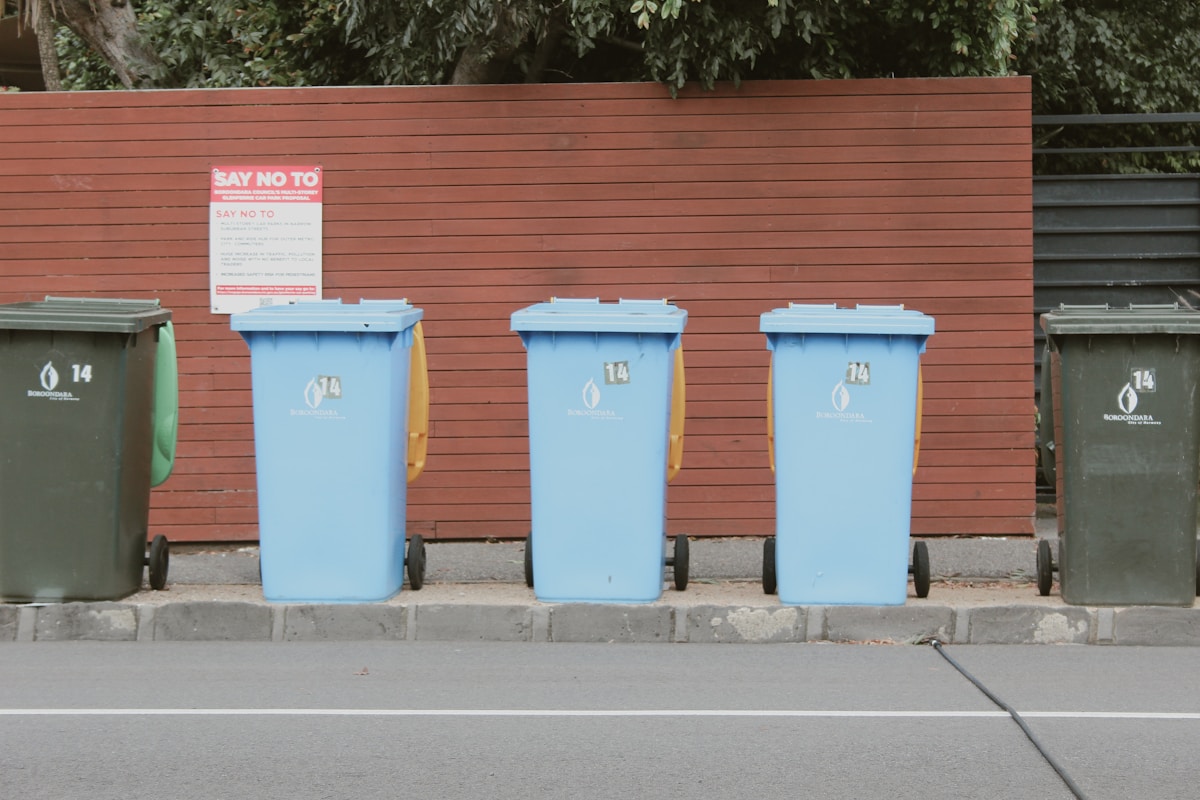Starting Monday, September 15, waste management companies across Germany will step up inspections of household bio-bins.
More than 100 disposal firms have announced intensified checks to enforce the new Bio-Waste Ordinance, which came into effect in May 2025.
The regulation limits the amount of foreign material in bio-waste to three percent, with plastics restricted to just one percent. The goal is to improve the quality of compost and reduce contamination from non-biodegradable materials.
Where will controls take place?
According to industry reports, the rollout is nationwide but with regional focus. In western Germany, disposal companies in all federal states are participating.
In the east, controls are concentrated in Rostock (Mecklenburg-Western Pomerania), Salzwedel, Magdeburg, Dessau-Roßlau (Saxony-Anhalt), and Schmalkalden-Meiningen (Thuringia).
Who carries out the inspections?
In most areas, refuse collectors themselves will check the bins. Some districts have even equipped trucks with detection devices that automatically identify mis-sorted waste.
What penalties can households face?
There is no uniform fine system—rules vary by city and county:
In Reutlingen (Baden-Württemberg), “red cards” mark wrongly filled bins. Residents must re-sort the waste before the next collection, or request a special collection (around €84 for a 240-liter bin). Persistent violations may lead to administrative fines.
In Freudenstadt (Baden-Württemberg), trucks with detection devices automatically reject contaminated bins.
In Magdeburg, wrongly sorted bins remain uncollected, with a sticker instructing residents to correct the contents.
What belongs in the bio-bin?
Accepted: fruit and vegetable scraps, coffee grounds with filters, tea bags, bread, dairy leftovers, cooked or raw food waste, eggshells, garden cuttings, flowers, untreated wood, sawdust, pet bedding, feathers, hair, and small amounts of paper (newspaper, kitchen roll).
Not accepted: pet waste such as dog or cat feces, non-compostable plastics, or misleading “biodegradable” plastic bags. Only certified compostable bags approved by the local authority are allowed.
How to avoid unpleasant smells
Many households hesitate to use bio-bins because of odor. Simple tricks help:
- Dry moist waste first, or wrap it in paper.
- Place the bin in a shady, cool spot.
- Clean the bin regularly and spray edges with diluted vinegar.
- Use natural odor absorbers like baking soda, coffee grounds, or charcoal.
- Line the bin with newspaper, egg cartons, or sawdust to absorb moisture.
Bio-bins in Germany: not everywhere yet
A 2023 NABU survey showed that 63% of German households have access to a bio-bin. However, in 16% of districts there is no mandatory collection system, and in 14% only voluntary bins are available.
Municipalities with incineration plants tend to rely more on residual waste bins, while others collect more organic material separately.
The new ordinance aims to standardize practices and improve compost quality nationwide. For residents, it means more responsibility—and potentially fines—if they don’t comply.









